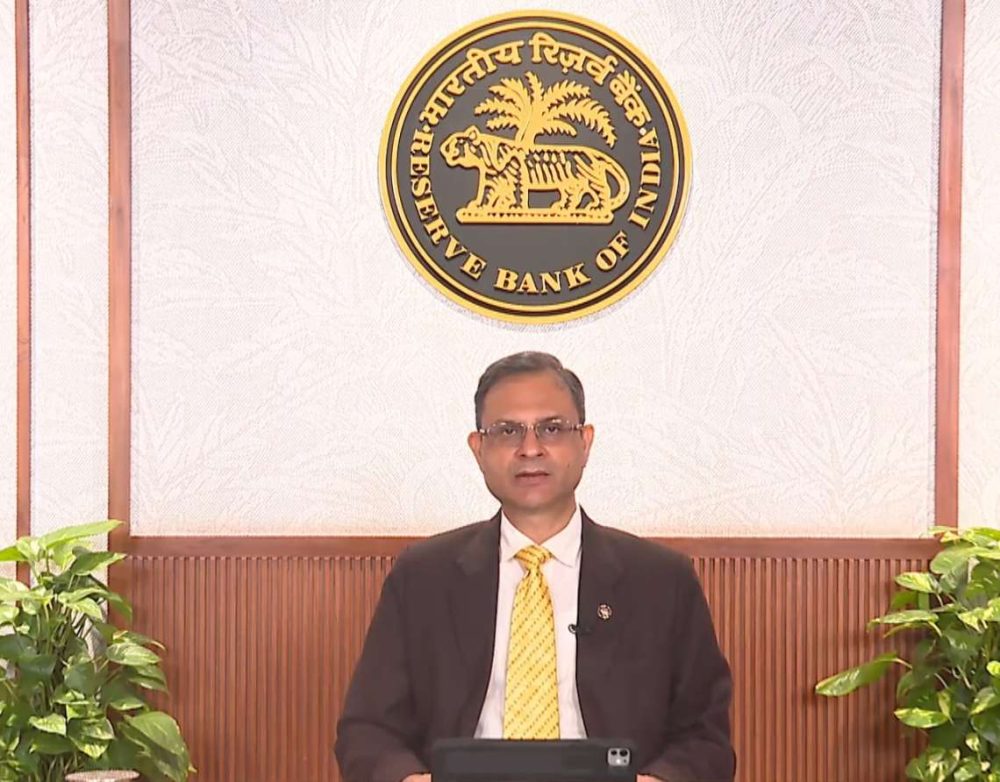The Securities and Exchange Board of India (SEBI) has decided to amend regulations for delisting of equity shares, stipulating that the shares of the parent listed company and the listed subsidiary entity should be listed for at least three years and should not be suspended at the time of the delisting process.
Further, the subsidiary should have been a listed subsidiary of the listed holding entity for at least three preceding years.
The SEBI Board, in its meeting also decided to grant exemption from the Reverse Book Building process (RBB) for delisting of listed subsidiaries, where it becomes the wholly-owned subsidiary of the listed parent pursuant to a scheme of arrangement.
“To be eligible to take this route, the listed holding company and the listed subsidiary should be in the same line of business. Both the companies should be compliant with the SEBI (Listing Obligations and Disclosure Requirements) Regulations, 2015, specifically, the regulations (no. 11, 37 and 94) pertaining to processing of the schemes of arrangement,” a SEBI statement said.
Further, to protect the interests of investors in the listed subsidiary, it has been stipulated that the votes cast by public shareholders of the listed subsidiary in favour of the proposal will be at least two times the number of votes cast against it in terms of the present delisting regulations.
The Board also decided to bring amendments to the SEBI (Debenture Trustee) Regulations, 1993, the SEBI (Issue and Listing of Debt Securities) Regulations, 2008 and the SEBI (Listing Obligations and Disclosure Requirements), 2015.
Also Read: Investor Alert: SEBI’s new margin rule kicks in
It approved the proposal of strengthening the role of debenture trustees so as to protect the interest of debenture holders. The debenture trustees shall exercise independent due diligence of the assets on which charge is being created.
“The DT(s) shall take required action by convening the meeting of debenture holders for enforcement of security, joining the inter-creditor agreement (under the framework specified by the RBI), etc,” the statement said.
Debenture trustees shall also carry out continuous monitoring of the asset cover, including obtaining mandatory certificate from the statutory auditor on half-yearly basis.
Further, the issuer company shall create a recovery expense fund at the time of issuance of debt securities that may be utilised by debenture trustees in the event of default, for taking appropriate legal action to enforce the security.
The board of the securities market regulator also approved the amendment of MF Regulations to introduce a Code of Conduct for Fund Managers including Chief Investment Officers and Dealers of AMCs.
Further, the Chief Executive Officer will be responsible to ensure that the Code of Conduct is followed by all such officers.
The Board also approved an amendment to MF Regulations to enable Asset Management Companies to become a self-clearing member of the recognised Clearing Corporations to clear and settle trades in the debt segment of recognised stock exchanges, on behalf of its mutual fund schemes.
It has also approved the proposal to facilitate setting up of a Limited Purpose Repo Clearing Corporation.
Also Read: B’desh opens doors for Chinese investments









